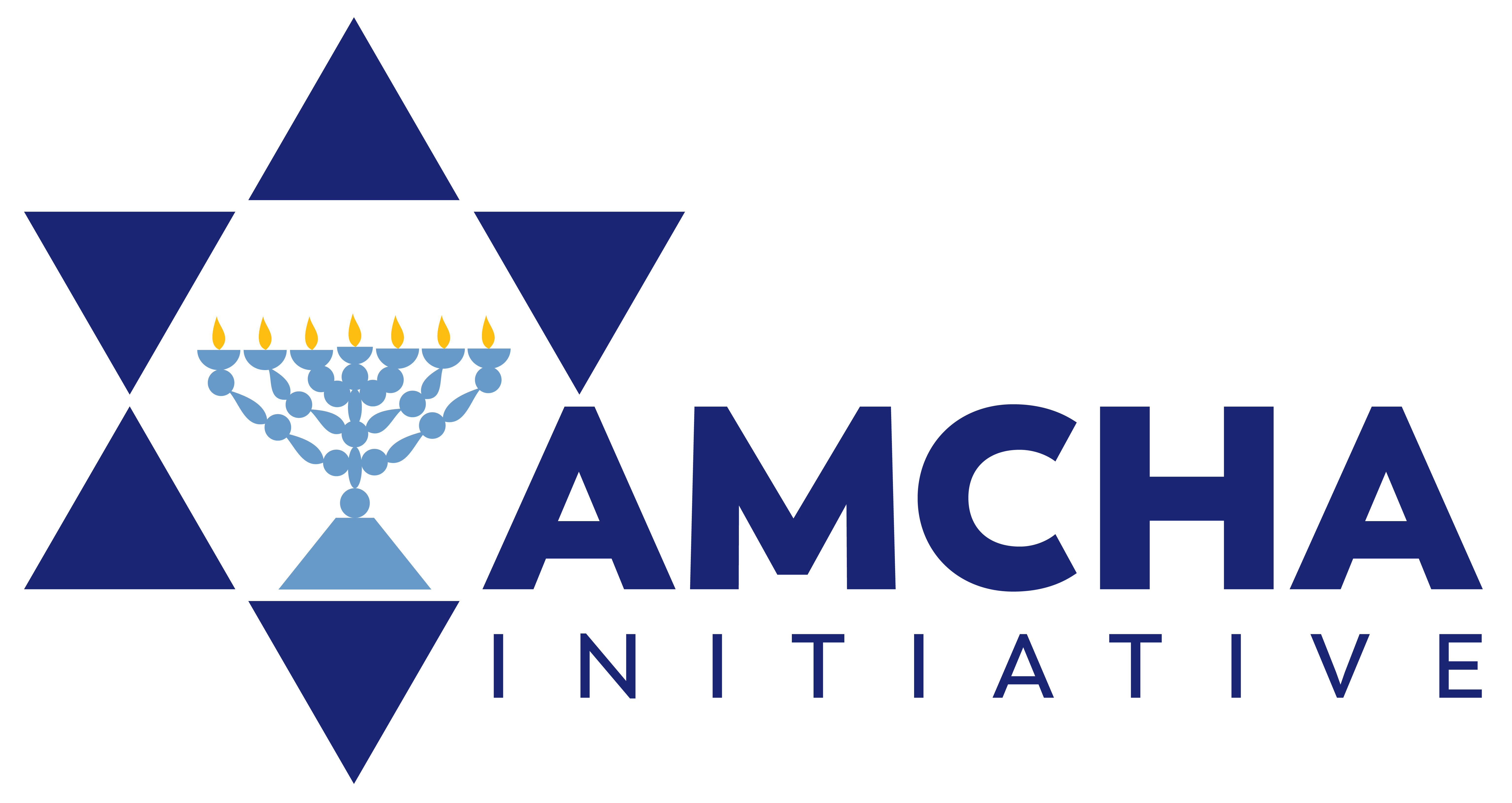Op-Ed: Jewish groups should embrace new legal protection for Jewish students
Morton A. Klein and Susan Tuchman, JTA
April 16, 2012
Imagine if the NAACP responded with skepticism to the passage of Title VI of the Civil Rights Act and urged African Americans to exercise their civil rights cautiously under this law. Title VI was landmark legislation when it was passed in 1964 to remedy racial and ethnic discrimination in programs receiving federal funding.
In fact, the NAACP fought for Title VI’s passage and has vigorously sought to enforce it to uphold the right of African Americans to be free from discrimination.
Jewish students are facing their own serious problems of harassment and discrimination at schools receiving federal funding. After a six-year campaign by the Zionist Organization of America, the U.S. Department of Education’s Office for Civil Rights, or OCR, finally clarified in October 2010 that Jewish students finally would be afforded the same protection from harassment and discrimination under Title VI that other minorities have enjoyed for close to 50 years.
Yet instead of embracing the new legal protection, some in the Jewish community have been strangely critical of it.
The Jewish Council for Public Affairs describes itself as “the representative voice of the organized American Jewish community” in the Jewish community relations field. Its national member agencies include the Anti-Defamation League, the American Jewish Committee and more than 100 Jewish community relations councils throughout the country.
A year after the Office for Civil Rights’ policy clarification, the JCPA proposed a resolution regarding Title VI. Instead of praising the new policy and committing to a nationwide campaign to educate Jewish students and university officials about students’ right to be protected from anti-Semitic harassment and discrimination under Title VI, the JCPA resolution tried to impose unreasonably harsh standards on when Jewish students should use the law to rectify a hostile anti-Semitic school environment — stricter even than the standards that the Office for Civil Rights applies.
Critics of the new Title VI policy have paid little attention to the fact that the policy has already shown its value. University of California President Mark Yudof recently issued a public statement in which he condemned anti-Semitic harassment on the UC campuses. This month, Rutgers University President Richard McCormick issued a statement publicly condemning a student paper, The Medium, for falsely claiming that an article mocking the Holocaust had been written by a vocal Jewish, pro-Israel student. McCormick said that “no individual student should be subject to such a vicious, provocative, and hurtful piece, regardless of whether First Amendment protections apply to such expression.”
Significantly, McCormick had failed to condemn previous anti-Semitic incidents on campus. It is likely that OCR’s Title VI policy, which recommends that university leaders label certain incidents as anti-Semitic, played a role in the decisions of both McCormick and Yudof to speak out. Surely also at play was the fact that there are Title VI investigations pending against their schools.
The David Project recently issued a report about rethinking Israel advocacy on campus. Curiously, the report cautions that “legitimate efforts to combat campus anti-Semitism could be complicated by overly aggressive complaints” under Title VI. But what are “legitimate efforts”? And what does the David Project mean by “overly aggressive”?
Only weeks after the Office for Civil Rights issued its new Title VI policy, the ZOA was able to use it effectively without even filing a complaint with the OCR. We contacted officials at a Maine high school where there was longstanding anti-Semitic harassment and informed them of their Title VI obligations. The school acted on nearly all our recommendations and rectified the situation.
Would the David Project consider our actions legitimate or overly aggressive? What if school officials had refused to fix the problems? Would a Title VI complaint then have been legitimate?
It is difficult to understand why members of the Jewish community are skeptical of a critical new legal tool under Title VI or why they are sending a cautious message about using it. We should be fully supportive of Jewish students and holding schools accountable when they don’t respond to campus anti-Semitism.
It’s time for us to stop being “shah-still” frightened Jews of the previous generation and start strongly speaking out on behalf of our Jewish brethren when necessary.
(Morton A. Klein is the national president of the Zionist Organization of America. Susan B. Tuchman is the director of the ZOA’s Center for Law and Justice.)
